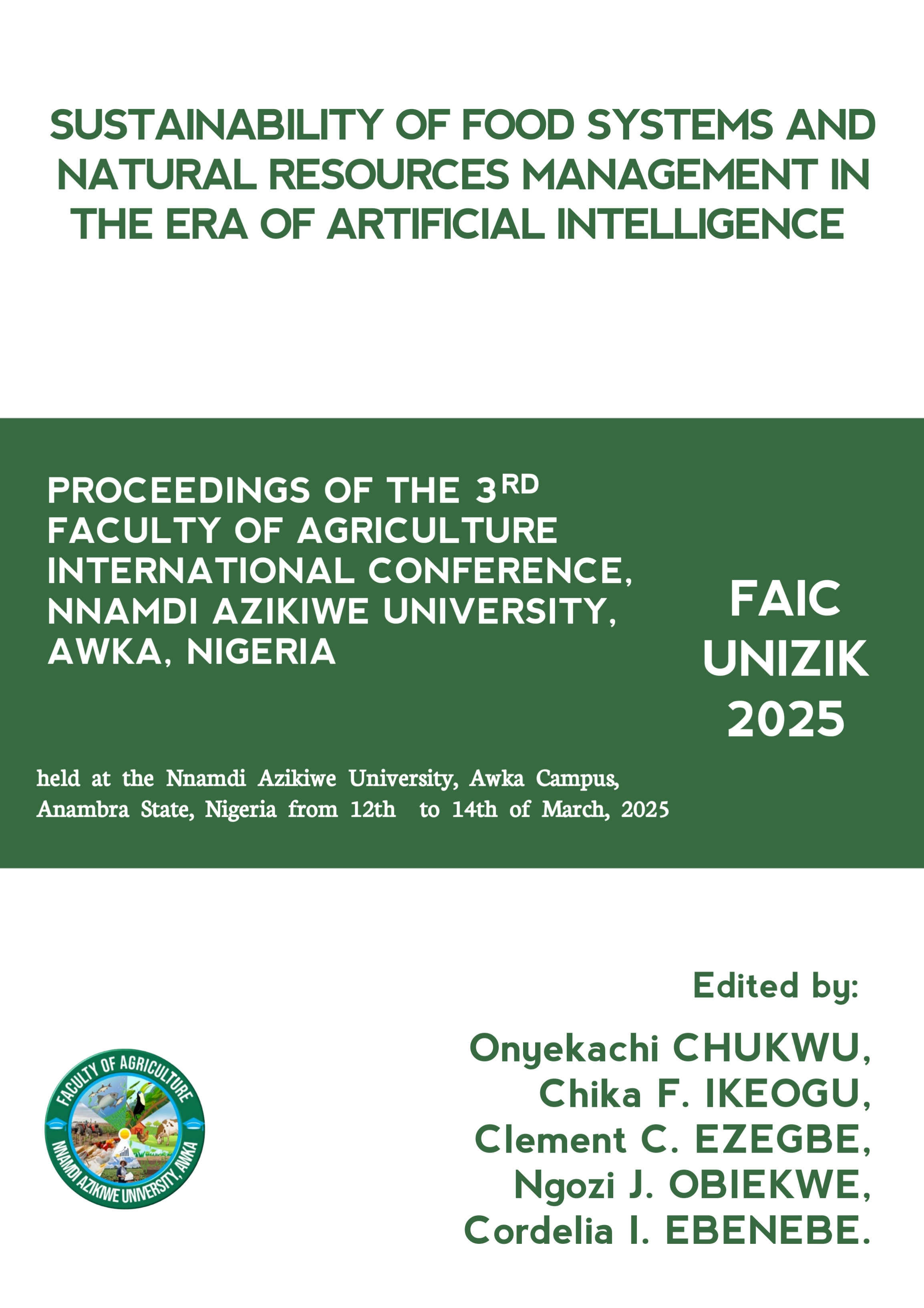Is polysaccharides impactful in Poultry Nutrition? A Mini-Review
DOI:
https://doi.org/10.5281/mx5t7n63Abstract
Nigeria's poultry sector is essential to meeting the country's expanding population's economic needs and food security. However, poultry productivity and health are severely hampered by the tropical climate, which is marked by high temperatures and humidity. Optimizing the nutrition of poultry is crucial to reducing these difficulties. In the production of broilers, polysaccharide complex carbohydrates made up of many monosaccharide units have become important dietary components. Their inclusion in poultry diets has been shown to enhance growth performance, improve feed efficiency, and bolster immune function, particularly in stress-prone tropical environments. They further demonstrate their environmental sustainability by lowering greenhouse gas emissions through higher feed conversion ratios. Additionally, the use of polysaccharides supports resource efficiency by repurposing agricultural by-products, reducing waste, and minimizing reliance on synthetic additives. These benefits contribute to the economic sustainability of poultry farming by lowering veterinary costs and enhancing overall productivity. By lowering the demand for antibiotics and lowering the possibility of antibiotic resistance, the incorporation of polysaccharides into poultry feed also supports biodiversity conservation. Because of their antioxidative qualities, poultry can withstand heat stress and maintain steady production even in the face of environmental changes. By increasing resistance against climatic and environmental stressors, polysaccharides have the potential to promote sustainable poultry production, especially in tropical regions, as this review highlights.





